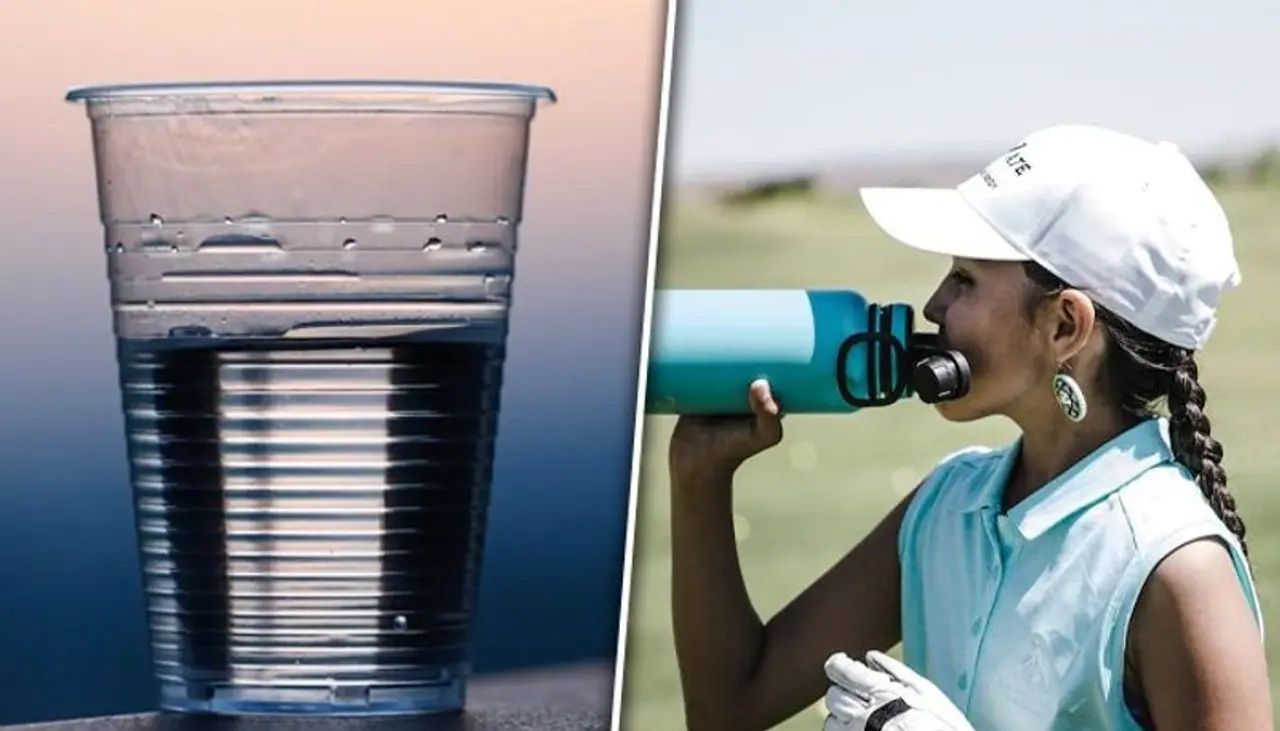Water toxicity: 6 facts about the dangers of excessive hydration
Discover 6 essential points about water toxicity and its effects on your health. Even healthy practices require mindfulness. Learn why drinking too much water can be toxic and how to avoid overhydration.

Image: Pexels
When it comes to staying healthy, proper hydration is a fundamental aspect. However, there's a fine line between staying hydrated and water toxicity. Here are 6 specific points that shed light on the risks of excessive water consumption:

Image: Pexels
1. Defining Water Toxicity
Water toxicity, also known as water intoxication, occurs when you drink an extreme amount of water in a short period. This can lead to an electrolyte imbalance, particularly low sodium levels, which can negatively affect cellular function.
Image: Pexels
2. Effects on Electrolytes
Drinking too much water dilutes the concentration of sodium and other electrolytes in your blood. This can cause your cells to swell, leading to a range of symptoms from nausea and headaches to more severe complications like seizures and coma.
Image: Pexels
3. Signs and Symptoms
Mild symptoms of water toxicity include bloating, nausea, confusion, and irritability. Severe cases can manifest as muscle weakness, difficulty breathing, and even unconsciousness. Recognizing these signs is crucial for timely intervention.
Image: Pexels
4. Risk Factors
Engaging in intense physical activities without replenishing lost electrolytes can put athletes and active individuals at risk. People with certain medical conditions or those taking medications affecting fluid balance are also more vulnerable to water toxicity.
Image: Pexels
5. Importance of Moderation
Moderation is key to preventing water toxicity. Listening to your body's thirst cues and drinking water when genuinely needed is vital. This is particularly relevant during activities that result in excessive fluid loss.
Image: Pexels
6. Balancing Health and Hydration
Staying properly hydrated is essential for overall health, but more isn't always better. Finding the right balance between hydration and overhydration is crucial. Being informed about the risks of water toxicity empowers you to make wise choices.
Explore the latest Lifestyle News covering fashion, wellness, travel, Food and Recipes, and more. Stay updated with trending Health News, fitness tips, and expert insights to inspire your daily living. Discover personalized lifestyle trends that keep you stylish and informed. Download the Asianet News Official App from the Android Play Store and iPhone App Store for everything that adds value to your everyday life.